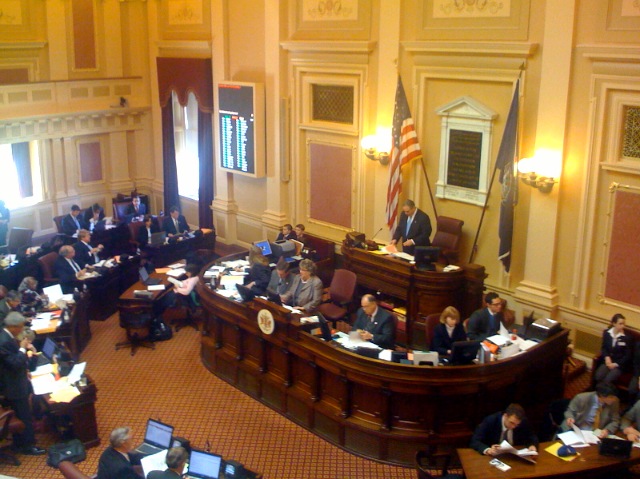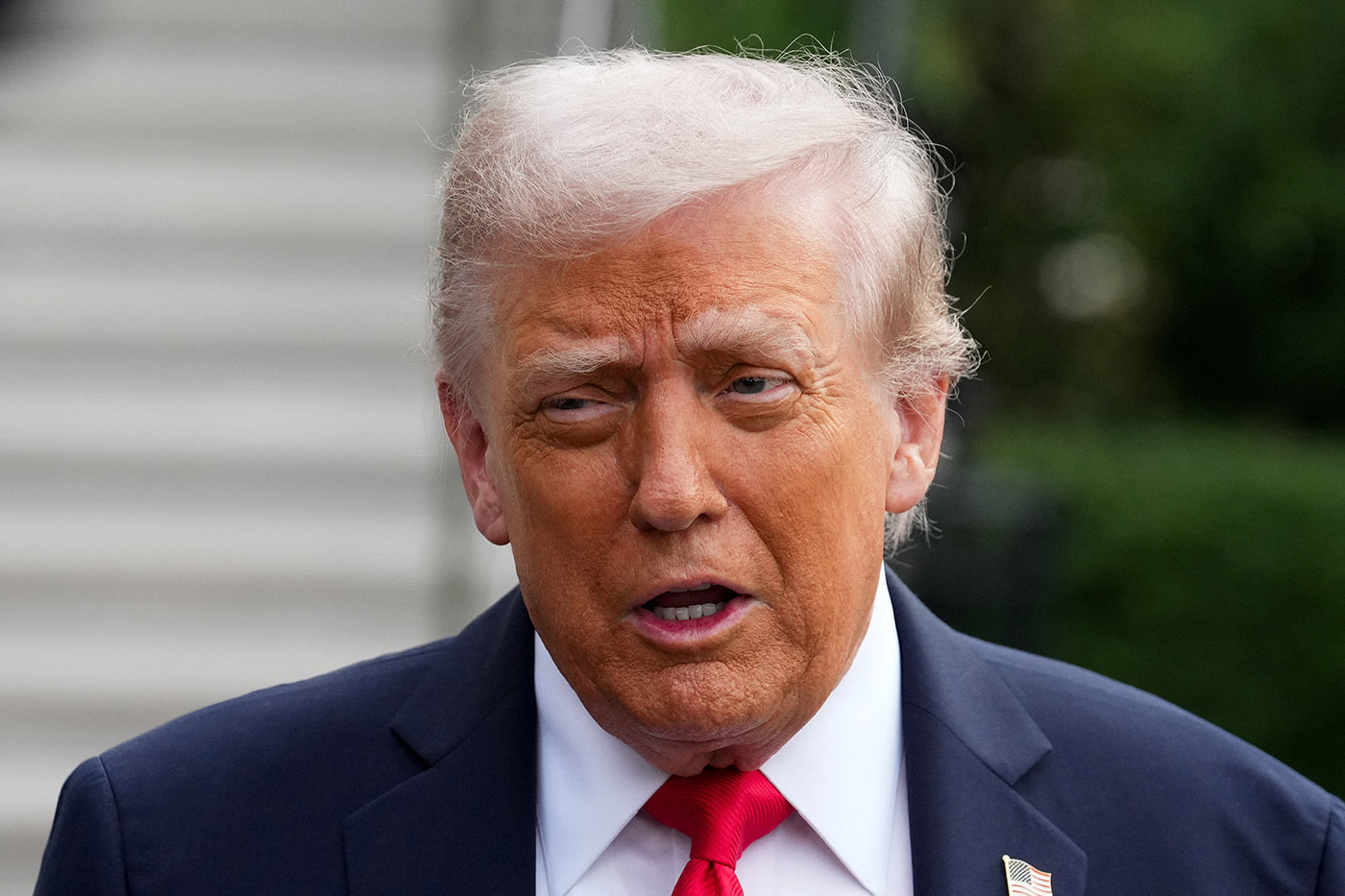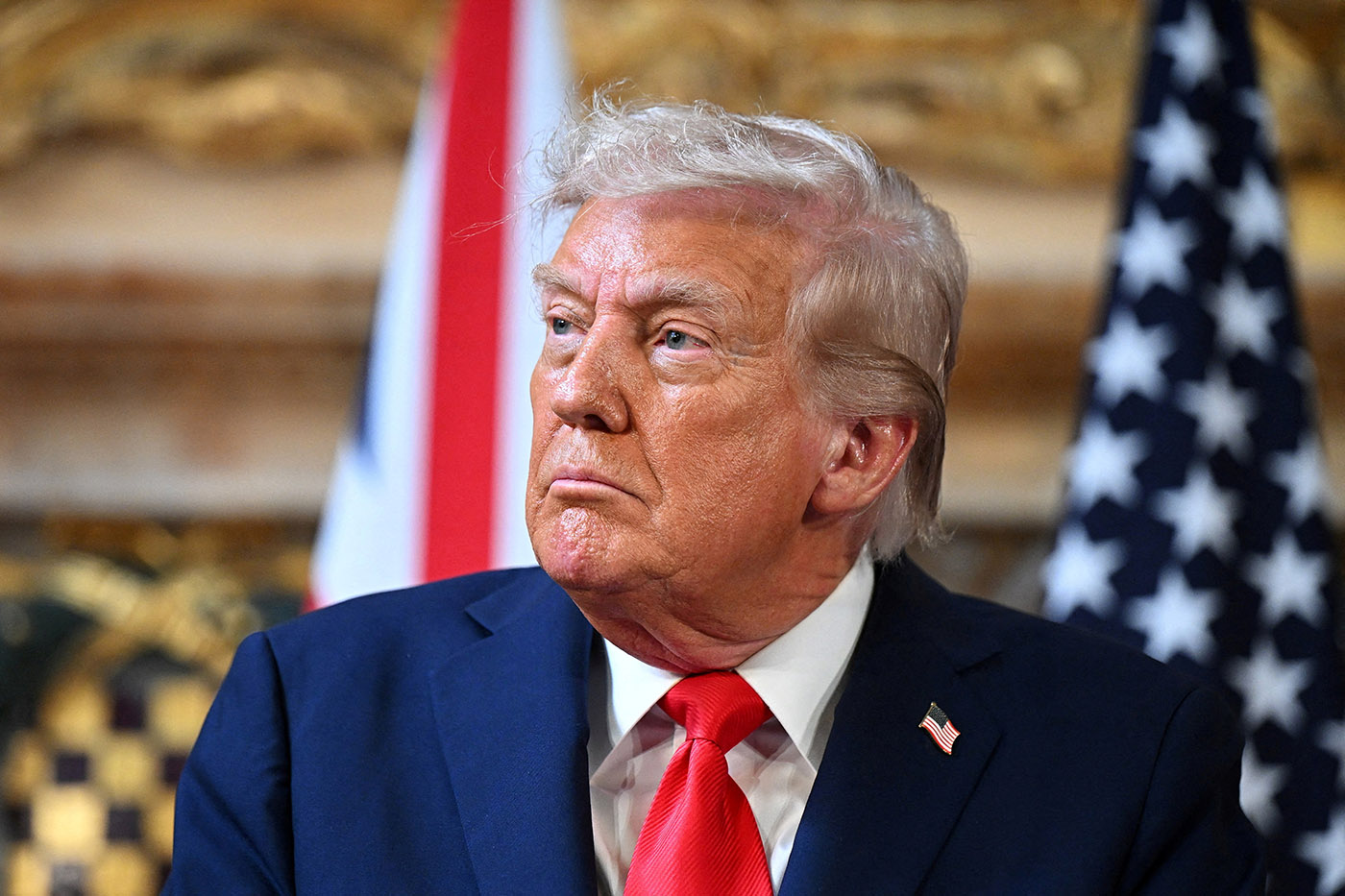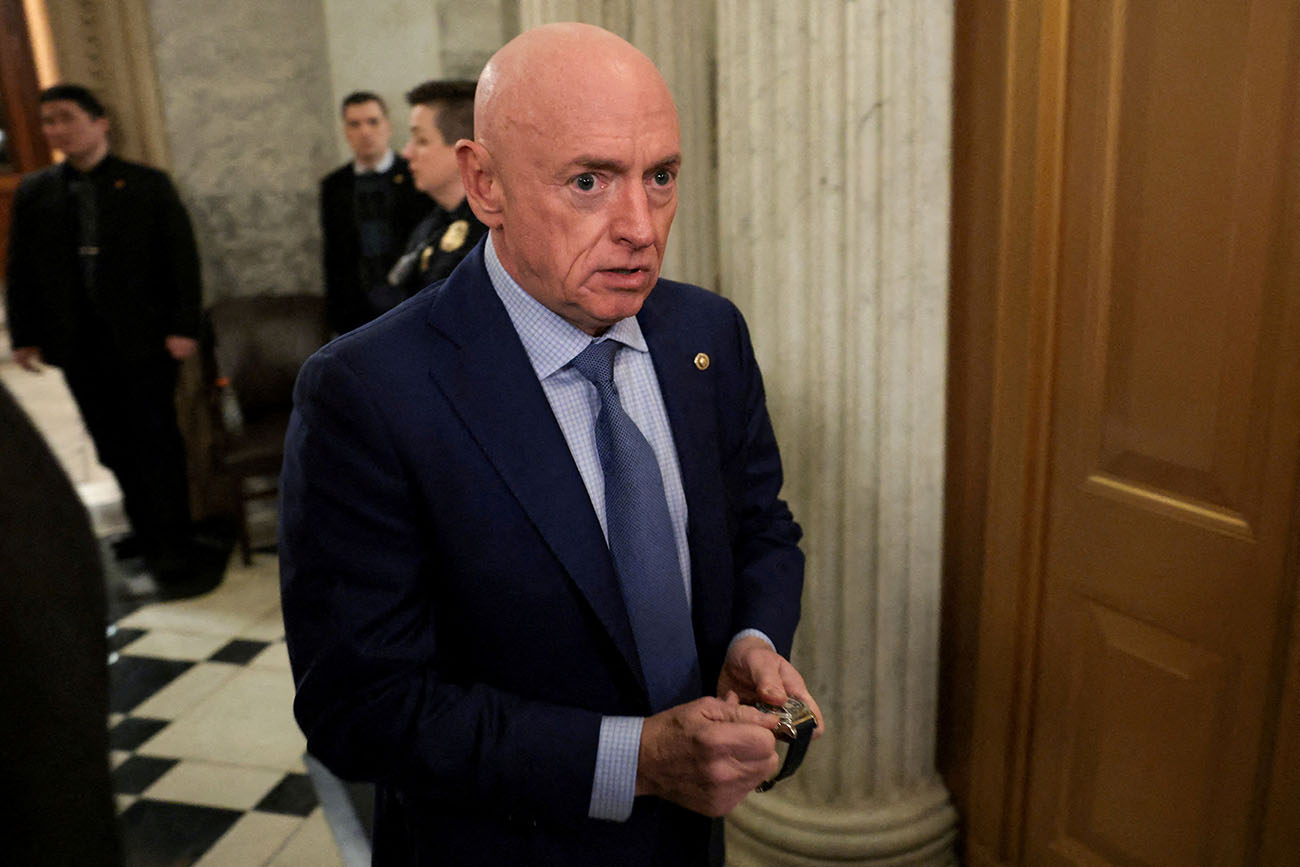On February 1st, a Virginia state senator filed a federal lawsuit against the Senate of Virginia, the lieutenant governor, and the president of the Senate after lawmakers voted to censure her for speaking at then-President Donald Trump’s rally prior to the attack on the Capitol on January 6th.
Sen. Amanda F. Chase (R-Chesterfield), a Trump-style populist with plans to run for governor, was also censured for praising the insurrectionists by calling them “patriots” in fundraising materials.
In her suit, Chase is asking a judge for a declaration that her speech is protected under the First Amendment, and that the censure process violated her due process rights.
A censure is a formal statement of disapproval that generally does not come with any other penalties, however, in this instance, Chase was demoted and her name now appears last in the chamber’s rankings. The last time the Virginia Senate passed a censure vote was in 1987, when a member was facing criminal charges.
The Virginia Senate passed the resolution censuring Chase on January 26th for “displaying a disregard for civility, in discourse with colleagues, making false and misleading statements both in committee and on the Senate, floor, and displaying a disregard for the significance of her duty to the citizens of the Commonwealth as, an elected representative in the Senate of Virginia.”
Filed in the United States District Court in Richmond, the suit alleges that lawmakers did not follow formal procedures when passing the vote to censure her, including the fact that the resolution passed in the chamber was significantly different from the original censure resolution. According to The Washington Post, the original proposal was amended to “make it more about Chase’s actions than speech, and to include a broader sampling of alleged infractions.”
Rich Schragger, a professor at the University of Virginia School of Law, told Courthouse News that he was doubtful her lawsuit would be successful.
“The acts of legislators related to their own declarations or in establishing rules that govern their own internal deliberations are normally clothed with virtually absolute immunity,” Schragger told the publication.
Tags




